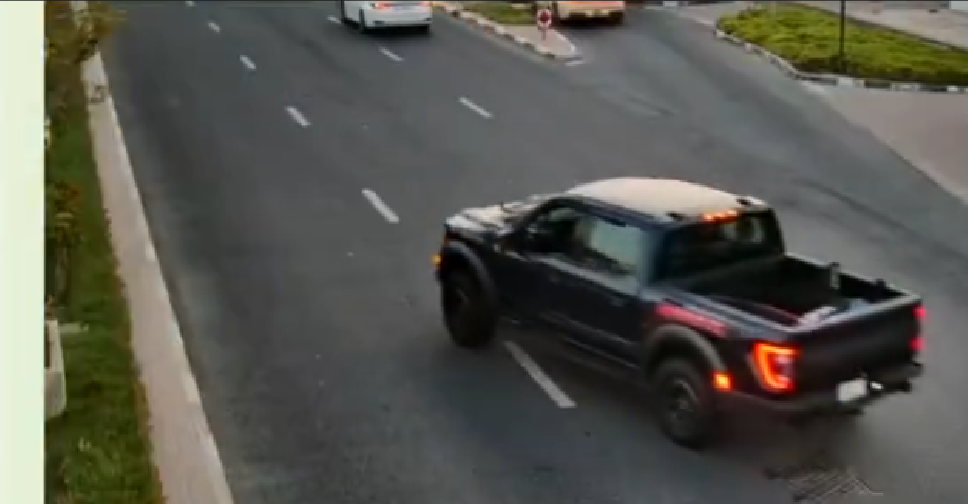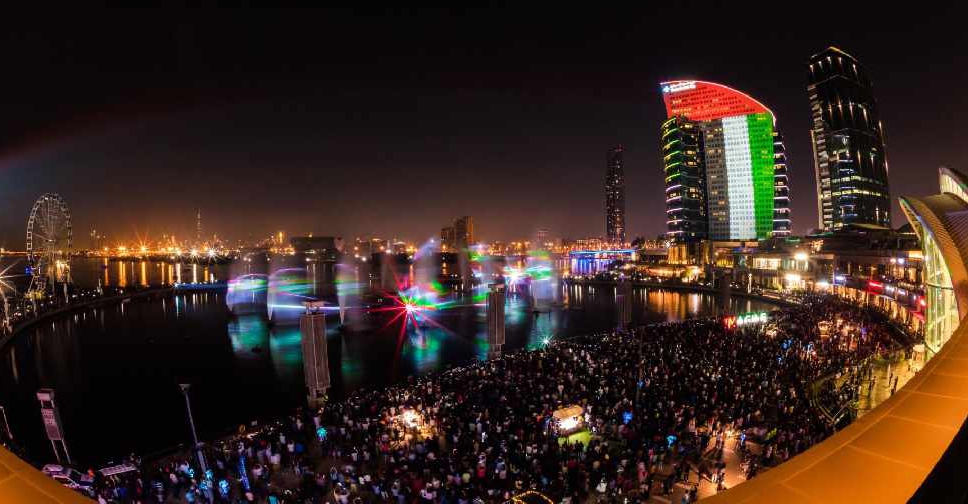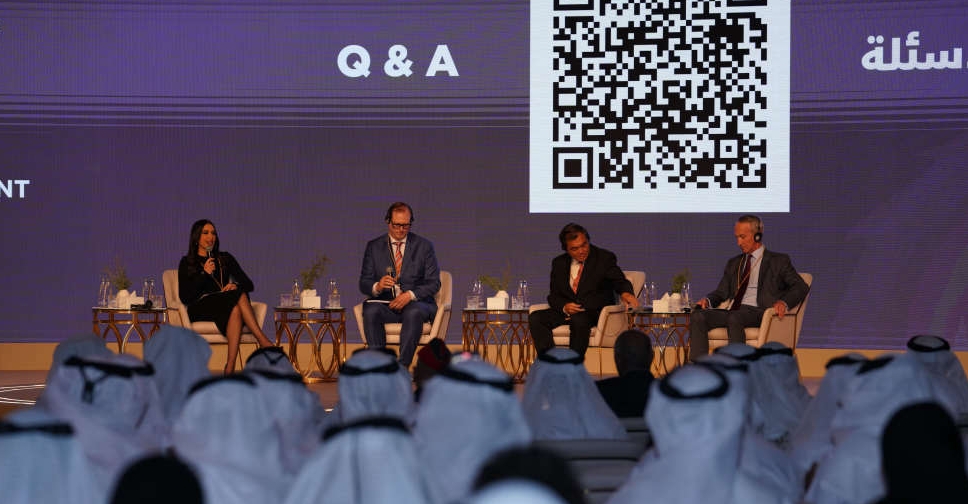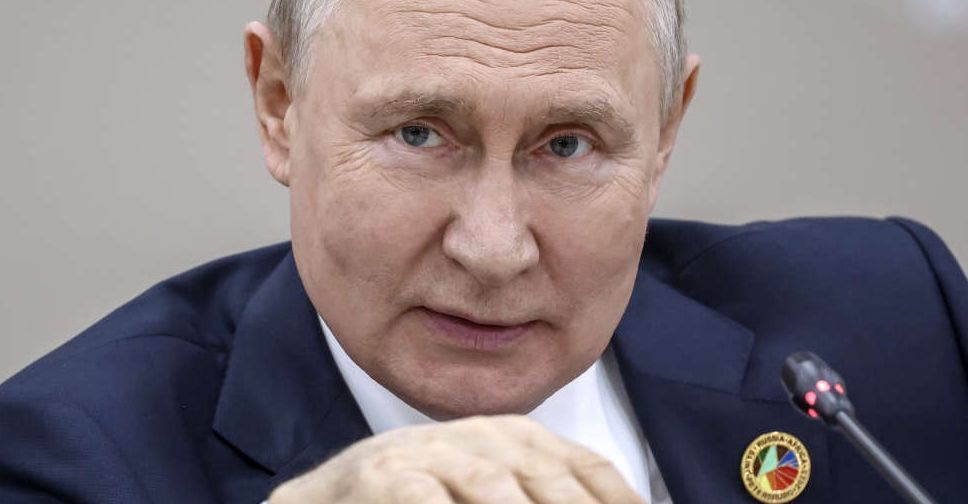
Russian President Vladimir Putin on Thursday told African leaders he would gift them tens of thousands of tons of grain despite Western sanctions, which he said made it harder for Moscow to export its grain and fertilisers.
Speaking at a Russia-Africa summit in St Petersburg, Putin said Russia was ready to replace Ukrainian grain exports to Africa on both a commercial and aid basis to fulfil what he said was Moscow's critical role in global food security.
"We will be ready to provide Burkina Faso, Zimbabwe, Mali, Somalia, Central African Republic and Eritrea with 25-50,000 tonnes of free grain each in the next three to four months," Putin told the summit, whose participants applauded.
Last year, Russia exported 60 million tonnes of grain, of which 48 million was wheat, Putin said. UN Chief Antonio Guterres called the promised grain "a handful of donations".
Many of the African countries Putin listed already enjoy close ties with Moscow; he omitted others in need such as Sudan and Chad.
Zimbabwe's president said he was grateful, even though his country already had enough to ensure its own food security.
Russia held its first Africa summit in 2019 and is pushing even harder, since sending troops into Ukraine, for influence and business on a continent where its Wagner mercenary group remains active despite an abortive mutiny at home last month.
Photographs purporting to show Wagner chief Yevgeny Prigozhin meeting African officials on the sidelines of the summit surfaced on the Telegram app on Thursday. Reuters was unable to immediately verify when and where they had been taken.
Responding to Western criticism of Moscow's decision to quit the Black Sea grain deal, in which it allowed Ukraine to ship grain from its seaports despite the war, Putin restated his argument that a parallel memorandum promising to facilitate Russian grain and fertiliser exports had been ignored.
Comoros President Azali Assoumani, chair of the African Union, said Russia's complaints should be listened to, the Russian state news agency RIA reported:
"I shouldn't say that Russia is right or wrong. It acted for its own reasons; now we need to hear them in order to try to move forward."

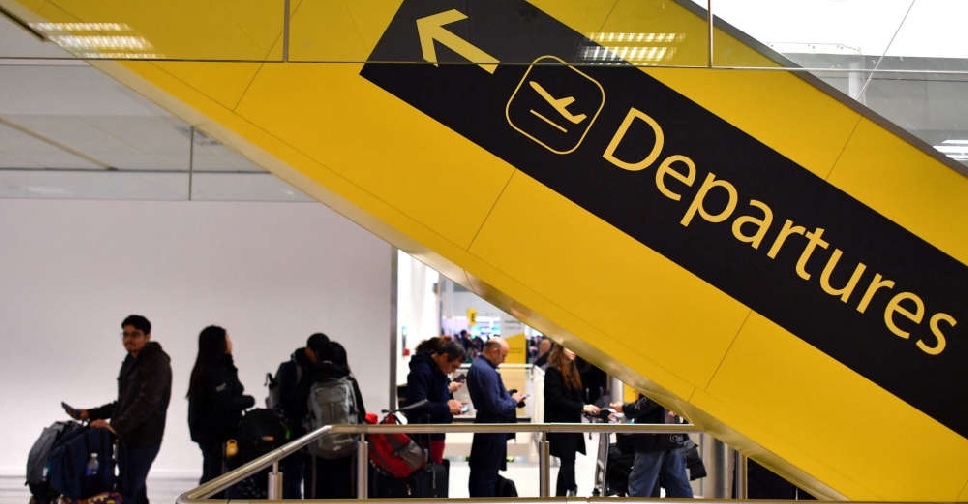 Gatwick Airport reopens terminal following security alert
Gatwick Airport reopens terminal following security alert
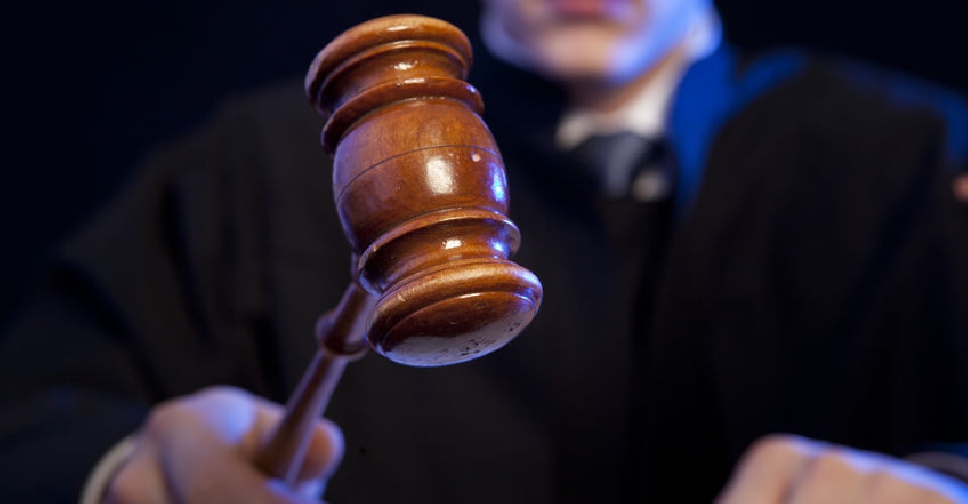 Pro-Palestinian NGOs sue Dutch government over Israel support
Pro-Palestinian NGOs sue Dutch government over Israel support
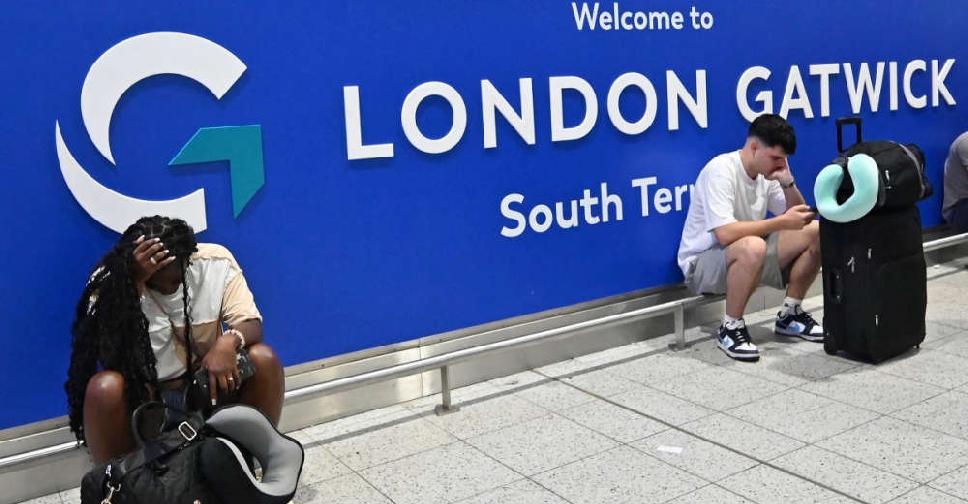 London's Gatwick Airport evacuates terminal due to security incident
London's Gatwick Airport evacuates terminal due to security incident
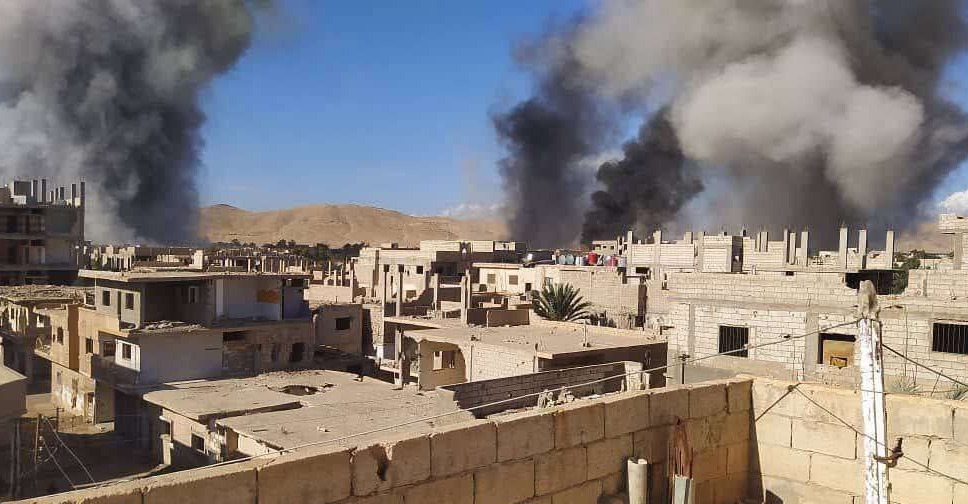 Monitor: Toll from Israeli strikes on Syria's Palmyra rises to 92
Monitor: Toll from Israeli strikes on Syria's Palmyra rises to 92
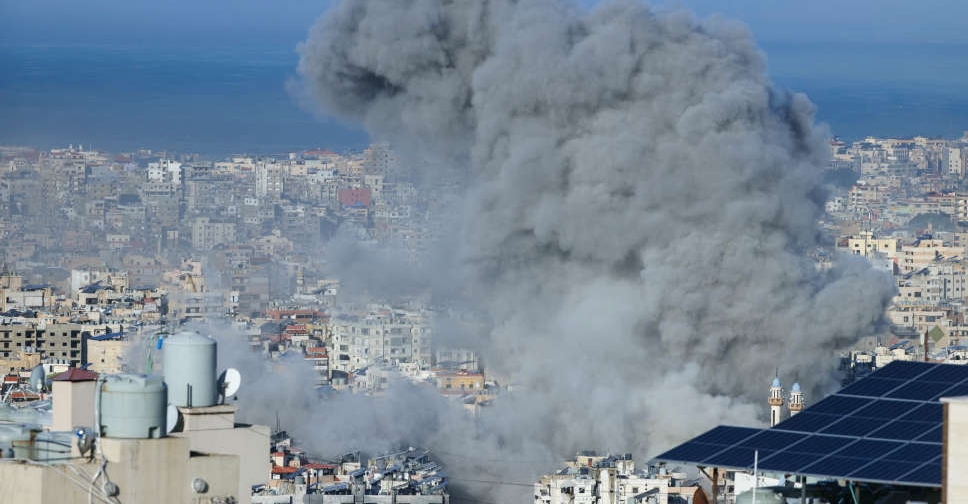 Israeli strikes kill 52 people in Lebanon
Israeli strikes kill 52 people in Lebanon
